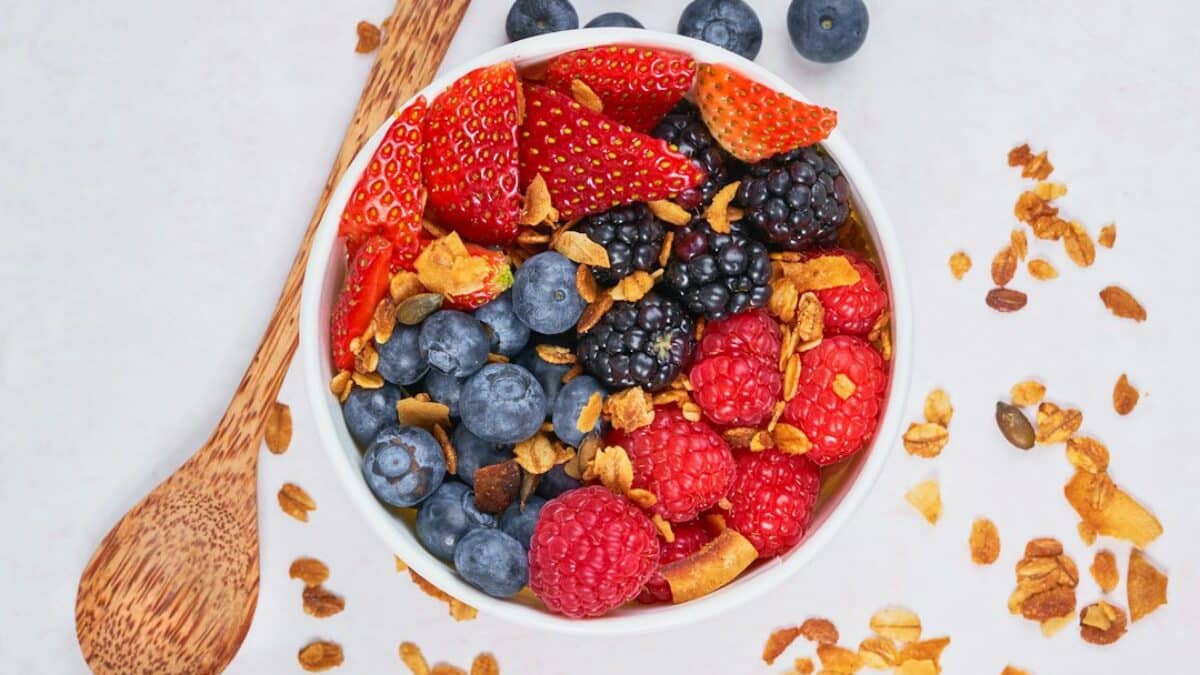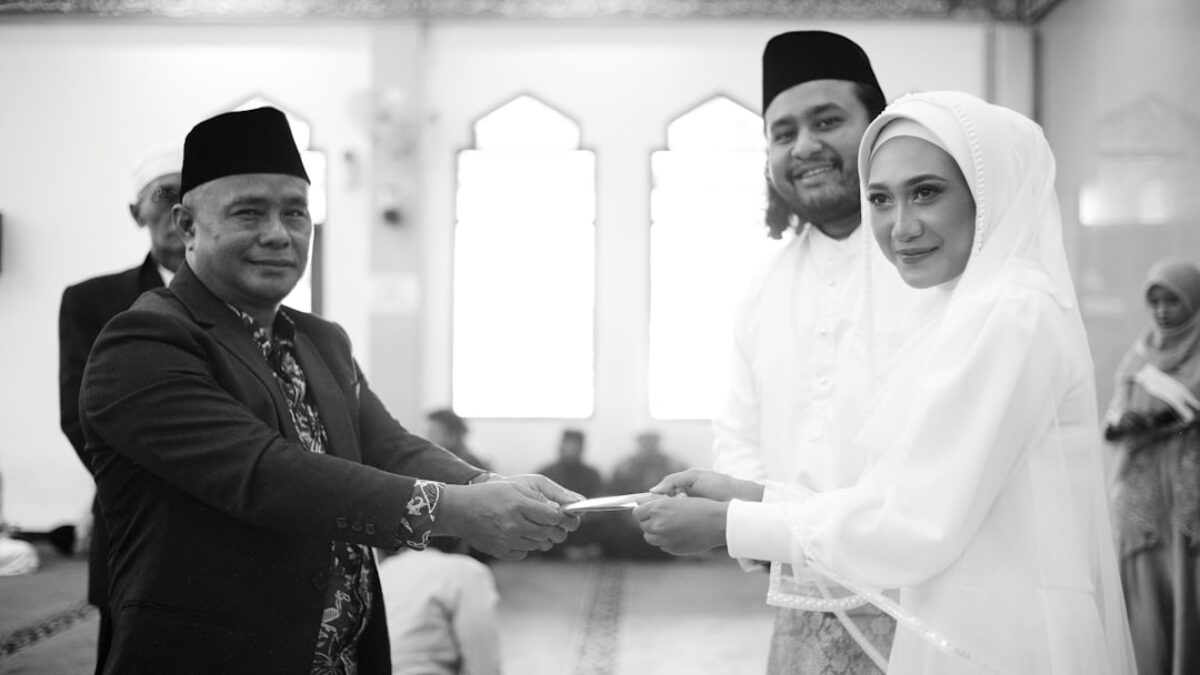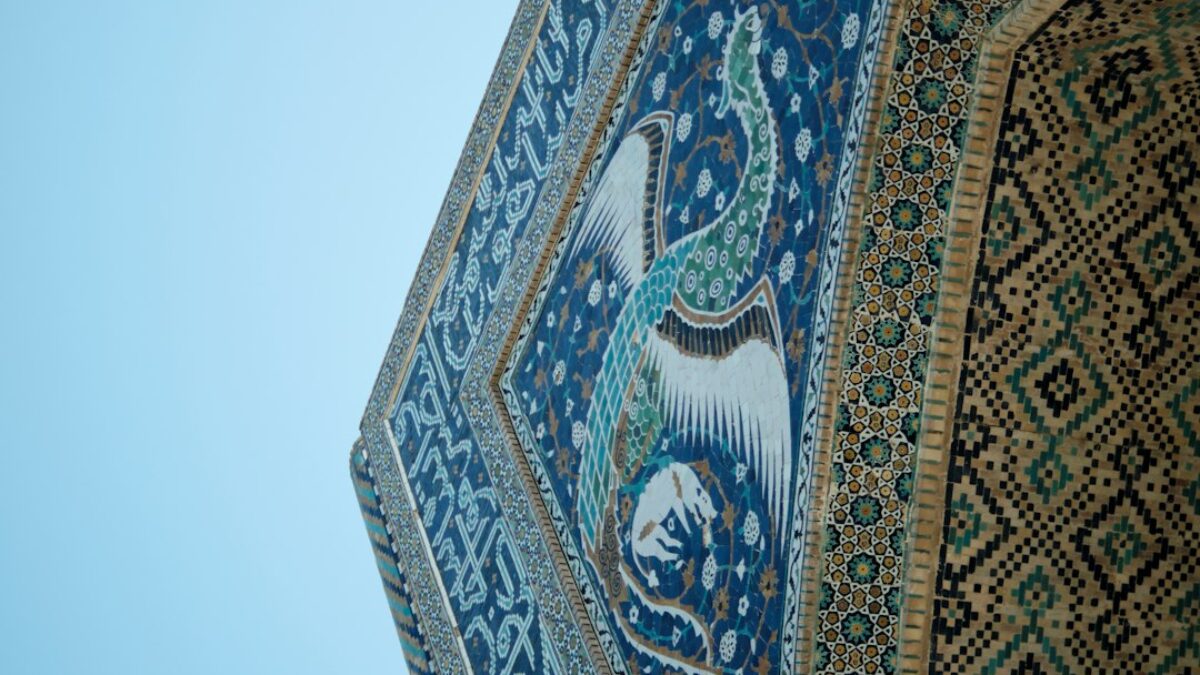Islam teaches that the human body is an amānah (trust) from Allah. Preserving this trust through wholesome food, regular exercise, mindful rest, and, above all, sincere supplication is an act of worship. Among the most beautiful gifts Allah has given us is the ability to call upon Him at any moment through duʿāʾ—a direct line of communication between the servant and the Most Merciful. When our hearts yearn for vitality, resilience, and a life rich in barakah, the Qur’an and Sunnah provide us with powerful duas for good health and longevity. This article explores the most effective invocations, the spiritual etiquette behind them, and practical ways to weave them into daily life so that wellness becomes both a physical reality and a spiritual experience.
Understanding Duas for Health in the Islamic Tradition
Every trial, including illness and aging, carries wisdom and mercy. Yet Islam also encourages us to seek protection from harm while remaining content with Allah’s decree. The Prophet ﷺ frequently prayed for ʿāfiyah—comprehensive well-being that encompasses physical health, emotional balance, and spiritual safety. In this context, healing duas are not simply “magic formulas”; they are intimate conversations that realign the soul with its Creator, re-energize the body, and invite barakah into the lifespan.
The Spiritual Anatomy of a Healing Dua
Four elements make a dua especially potent:
- Presence of heart (ḥuḍūr al-qalb): Total focus on Allah, shutting out distractions.
- Complete reliance (tawakkul): Trusting that Allah alone gives shifāʾ (cure).
- Prophetic wording: Using the exact phrasing taught by the Prophet ﷺ preserves both meaning and blessing.
- Righteous deeds as fuel: Good actions perfume the dua and lift it to the heavens.
Scope of “Health” in Qur’anic Language
The Qur’an employs several terms to describe health:
| Arabic Term | Literal Meaning | Holistic Implication |
|---|---|---|
| Ṣiḥḥah | Soundness | Body free from disease |
| ʿĀfiyah | Well-being | Protection from visible & hidden harms |
| Shifāʾ | Healing / Cure | Removal of ailment + restoration of spiritual strength |
| Barakah | Blessing | Longevity with sustained productivity and happiness |
Key Components of Powerful Duas for Health and Longevity
Below are the most rigorously authenticated supplications, organized by usage context. Each entry contains:
- Arabic text
- Transliteration
- Translation
- Best times & etiquettes
1. Morning & Evening Adhkār: Daily Shields Against Illness
1.1 The Three Qul’s & Al-Muʿawwidhatayn
Reciting Surah Al-Ikhlāṣ, Al-Falaq, and An-Nās three times each after Fajr and Maghrib is a prophetic prescription for general protection including physical ailments.
Etiquette: Cup the hands, blow lightly after recitation, and wipe over the body from head to toe.
1.2 The Comprehensive ʿĀfiyah Dua
Arabic: اللَّهُمَّ إِنِّي أَسْأَلُكَ الْعَافِيَةَ فِي الدُّنْيَا وَالْآخِرَةِ
Transliteration: Allāhumma innī as’aluka al-ʿāfiyah fi-l-dunyā wa-l-ākhirah.
Translation: O Allah, I ask You for well-being in this world and the Hereafter.
Best time: After every obligatory prayer, or during sujūd in nafl prayers.
2. Duas for Specific Organs and Functions
2.1 The Eye-Health Dua
ʿAlī ibn Abī Ṭālib (ra) narrated that the Prophet ﷺ said, “Whoever says ‘Allāhumma ʿāfinī baṣarī (O Allah, grant my sight ʿāfiyah)’ 100 times after ʿIshāʾ will not suffer blindness.”
2.2 The Heart-Protection Dua
Arabic: اللَّهُمَّ مُصَرِّفَ الْقُلُوبِ صَرِّفْ قُلُوبَنَا عَلَى طَاعَتِكَ
Transliteration: Allāhumma muṣarrifa-l-qulūb, ṣarrif qulūbanā ʿalā ṭāʿatik.
Meaning: O Allah, Turner of hearts, direct our hearts to Your obedience. A spiritually sound heart is a prerequisite for physical tranquility.
3. Duas from the Qur’an for Healing & Barakah
- Āyah al-Shifāʾ (17:82): “We send down of the Qur’an that which is a healing and a mercy to the believers…” Recite this verse while blowing lightly on water or olive oil and apply to affected areas.
- Duas of Prophet Ibrāhīm & Zakariyyā for righteous offspring also carry layers of meaning for longevity; righteous progeny ensures ongoing sadaqah-jāriyah that continues to elevate the parent’s rank and lifespan spiritually.
4. The “Shield” Dua Before Sleep
The Prophet ﷺ said: “Whoever recites Āyah al-Kursī before sleeping will be protected by Allah until the morning.” Protection from nightmares and night-time attacks equals better sleep, which science confirms is critical for immune function.
Benefits and Importance of Regular Health-Focused Duas
Embedding these supplications into habit loops amplifies their benefit:
1. Neuro-Spiritual Integration
Modern neuroscience shows that repetitive positive affirmations reduce cortisol levels and boost serotonin. When those affirmations are revealed words of Allah, they carry a divine frequency that transcends biochemical change.
2. Barakah in Time & Energy
Barakah means productivity without burnout. People who consistently recite the adhkār report effortless concentration, deeper sleep, and fewer chronic illnesses, enabling them to accomplish more worship and worldly work within the same 24 hours.
3. Community Immunity
When an entire household or neighborhood adopts these duas, a collective shield forms. The Prophet ﷺ likened such gatherings to “gardens of Paradise,” where angels descend bringing mercy and shifāʾ.
Practical Applications: Building a Daily Dua Routine
Step 1: Audit Your Current Day
Track transition moments—waking up, washing, eating, commuting, before sleep. These are golden slots for short, high-impact duas.
Step 2: Use Habit-Stacking
Attach the ʿĀfiyah dua to the act of swallowing your multivitamin. Recite the eye-health dua while waiting at a red light. Stack the adhkār onto your existing ablution routine.
Step 3: Create Visual Cues
- Place a post-it on the bathroom mirror with the heart-protection dua.
- Set a phone wallpaper containing Āyah al-Kursī in Arabic calligraphy.
- Hang a small blackboard in the kitchen listing the morning/evening adhkār for the whole family to read aloud together.
Step 4: Digital Reminders
Use apps like Muslim Pro or MyDuaa to schedule push-notifications, but keep the sound gentle—perhaps birds chirping—so the reminder feels inviting rather than intrusive.
Step 5: Weekly Reflection Circle
Every Friday after Maghrib, gather family members for 10 minutes to share:
- One health challenge they overcame through dua.
- A new healing verse they discovered.
- An action plan for the coming week (e.g., increase water intake while reciting the shifāʾ verse).
Frequently Asked Questions
What is the best time to make dua for longevity?
The last third of the night is described by the Prophet ﷺ as the “time of descent of divine mercy.” Combine this with the Sunnah of Tahajjud and end with the comprehensive ʿĀfiyah dua. Additionally, the moment between the adhāand iqāmah, and the instant after obligatory prayers, are gateways never rejected.
Can I combine medical treatment with these duas?
Absolutely. The Prophet ﷺ approved of medical intervention; visiting a doctor is itself a form of tawakkul. Medicine is the scalpel; dua is the antiseptic. Together they produce optimal shifāʾ.
How do I teach these duas to young children?
Turn them into melodious chants. Children love rhythm. Recite the eye-health dua in a sing-song voice while they brush their teeth. Use sticker charts: every time they remember the dua before sleep, they earn a star leading to a small Islamic book prize.
Is there a difference between asking for ‘shifāʾ’ and ‘ʿāfiyah’?
Yes. Shifāʾ is curative—removing an existing disease. ʿĀfiyah is preventive—guarding you against affliction before it strikes. A balanced dua routine includes both, much like taking both vitamin C and antibiotics when needed.
Can women recite these duas during menstruation?
Yes, all duas and adhkār are permissible to recite from memory without touching the mushaf. The restriction applies to Qur’anic recitation for worship, not to personal supplications.
What if I forget to recite the morning adhkār on time?
The window extends until solar noon. If missed, make up (qaḍāʾ) as soon as you remember. Allah’s mercy is vast; the key is sincerity and consistency, not perfection.
How can I track tangible health improvements from dua?
Keep a health & spirituality journal. Log sleep hours, mood scale (1-10), and frequency of headaches or fatigue. Add a checkbox for daily adhkār completion. Over 90 days, you’ll notice patterns—lower stress scores on days you completed the adhkār, for example.
Conclusion
Long, healthy life is neither an accident nor a mere product of diet and exercise. In the Islamic worldview, wellness is worship, and every cell in the body can be transformed into a vessel of dhikr. By anchoring your day with the powerful duas for good health and longevity outlined above, you invite Allah’s mercy
























Post Comment